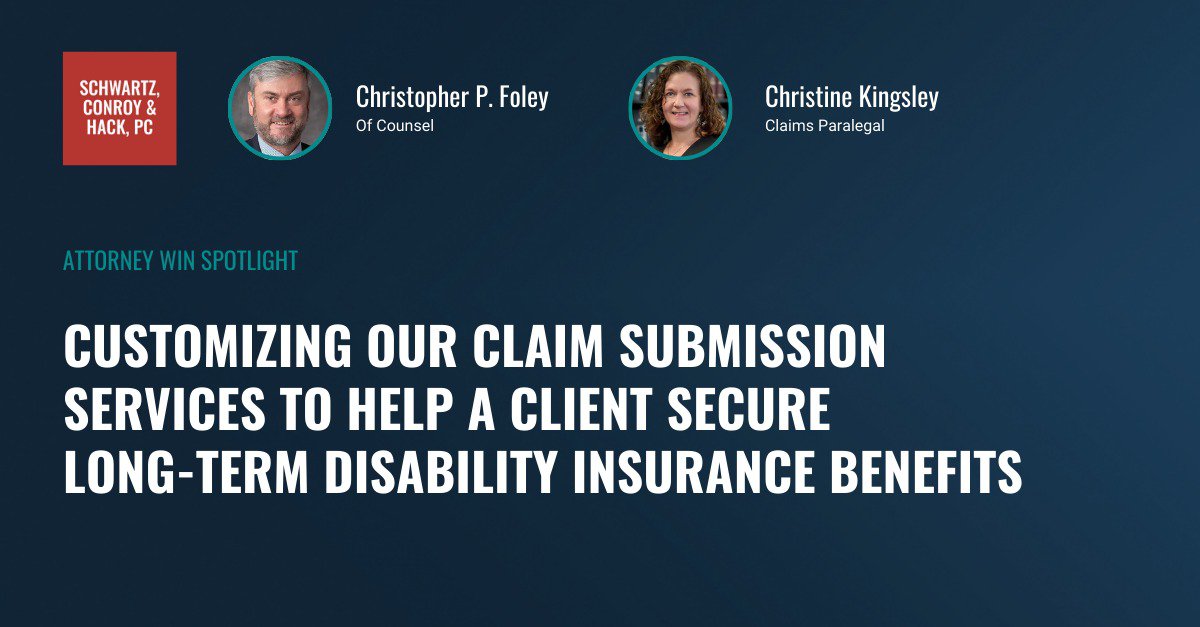Many commercial property policies provide coverage for business interruption losses that result from physical loss of or damage to insured property that was caused by a covered peril. For instance, if you can’t open your store temporarily due to damage from a fire, you could put in a claim for revenue that was lost while you were closed for repairs. Depending on your policy, you may also have coverage for extra expenses, such as the cost of moving to a new temporary location, or civil authority coverage, which protects you if the government bars access to your property because of damage to a nearby property. Business interruption clauses vary from policy to policy, and the language in your particular policy will dictate the circumstances necessary to trigger coverage.
Direct Physical Loss
Many policies require direct physical loss of or damage to the policyholder’s property for business interruption coverage to apply. In one case, a construction accident involving the collapse of a 48-story exterior elevator caused the City of New York to shut down a street in the Theater District for about a month. Because of the closure, a theater became inaccessible to the public and was forced to cancel 35 performances of a popular Broadway show. The theater company sought coverage under its policy’s business interruption clause, but the court sided with the insurer, finding that the policy clearly and unambiguously provided coverage only where there was a direct physical loss or damage to the insured’s property.1 The theater’s policy did not contain a civil authority extension, which may have covered its losses.
Civil Authority Coverage
Some policies do include a civil authority provision, which covers lost income resulting from restrictions on access to insured premises by a government or civil authority. These policies typically require that there be physical damage near the insured property. An operator of restaurants in New Orleans sued its insurer for business interruption losses sustained when the restaurants were closed due to mandatory evacuation orders because of the approaching Hurricane Gustaf, which had already caused significant damage in the Caribbean. The policy’s wording included:
“We will pay for the actual loss of business income you sustain and necessary extra expense caused by action of civil authority that prohibits access to the described premises due to direct physical loss of or damage to property, other than at the described premises, caused by or resulting from any covered cause of loss.”
Although New Orleans was largely spared and the plaintiffs’ restaurants suffered no damage, the restaurant owners argued that the damage previously caused by Gustav in the Caribbean qualified as “damage to property, other than at the described premises” and therefore was sufficient to trigger coverage under this provision. But the court disagreed, holding that the policyholder failed to establish a causal link between “damage to property other than at the described premises” and the issuance of the evacuation orders.2
Complete vs. Partial Cessation of Business Operations
Another case hinging on policy language involved a Texas hotel, which sustained damage from a hurricane, including the loss of part of the roof on one of its buildings. Though the hotel remained open through the storm and was able to rent many rooms, 40 of its rooms were rendered unrentable by the damage. The hotel was denied coverage for the lost revenue under its business interruption coverage. The policy stated it would cover loss of business income sustained “because of the necessary suspension of operations.” The court, citing several past cases, held that the plain meaning of “necessary suspension” requires a “complete cessation” of business operations for coverage to apply. Therefore, the court found, the hotel was “not entitled to business interruption coverage for the work slowdown it experienced.”3
Business Interruption and COVID-19
Many businesses were shut down due to government orders in the early part of the pandemic and submitted claims under their policies’ business interruption provisions. But the vast majority of courts sided with insurers, largely finding there was no coverage because the insured properties did not sustain direct physical loss or damage. Courts routinely found that a loss of use of property or the inability to fully use a property for its intended purpose – such as restaurants only being allowed to offer take-out – did not constitute a “direct physical loss.” Courts also generally held that the presence of the virus itself was not enough to satisfy the physical loss or damage requirement because the virus does not actually harm property; it could easily be removed through cleaning, without necessitating repair or replacement of the property.
Policyholders who sought coverage for COVID-19 losses under their civil authority provision were also routinely denied. Most courts dismissed these cases because there was no physical loss or damage to property nearby and/or because access to the insured property was not completely prohibited, as required for coverage under many policies.
If you are involved in a dispute with your business insurance company, contact us. We have the expertise, experience and tenacity to make insurance companies keep their promises to you and your business.
1 Roundabout Theatre Co. v. Continental Cas. Co., 302 A.D.2d 1, 751 N.Y.S.2d 4 (1st Dep’t 2002)
2 H&H Hospitality LLC v. Discovery Specialty Ins. Co., No. H-10-1886 (S.D. Tex. Dec. 20, 2011)
3 Dickie Brennan & Co., Inc. v. Lexington Ins. Co., 636 F.3d 683 (5th Cir. 2011)

